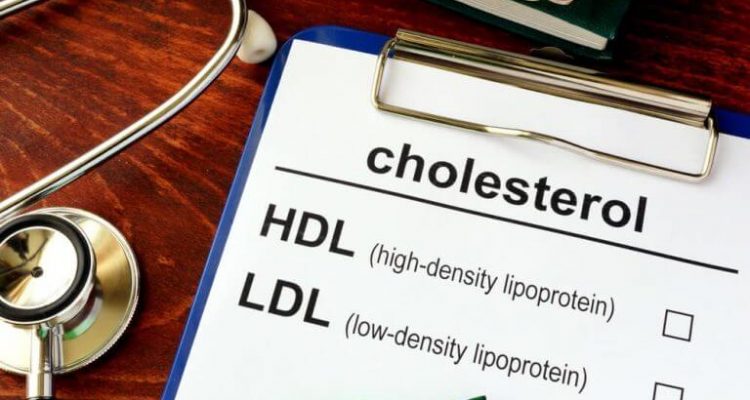
Scientists have named another plus of “good” cholesterol
0
According to the study, checking that how well the particles of “good” cholesterol reduce inflammation can help predict who is at increased risk of developing heart disease caused by narrowing of the arteries.
The study involved 680 Dutch adults who were part of a large population-based study, started in 1997. All of them were healthy at the time of inclusion in the study.
Participants who had a first cardiovascular disease before the end of the observation period were identified from larger studies.
HDL particles were analyzed in 340 people who had their first fatal or nonfatal heart attack were diagnosed with heart problems caused by narrowing of the heart's arteries (coronary heart disease) or who needed a procedure to widen blocked coronary arteries during a median follow-up of 10.5 years.
These participants were matched with a control group of 340 people of the same age, sex, unhealthy habits, and HDL cholesterol levels who had no cardiovascular events during follow-up.
Scientists found that the anti-inflammatory capacity of HDL was significantly higher in people who remained healthy (31.6%) than in those who experienced a cardiovascular event (27%); the association of anti-inflammatory ability with cardiovascular events was independent of established HDL cholesterol biomarkers and C-reactive protein levels, as well as cholesterol efflux capacity; for every 22% increase in the ability of HDL particles to suppress inflammation in endothelial cells, participants were 23% less likely to have cardiovascular events over the next decade.









Leave a Reply